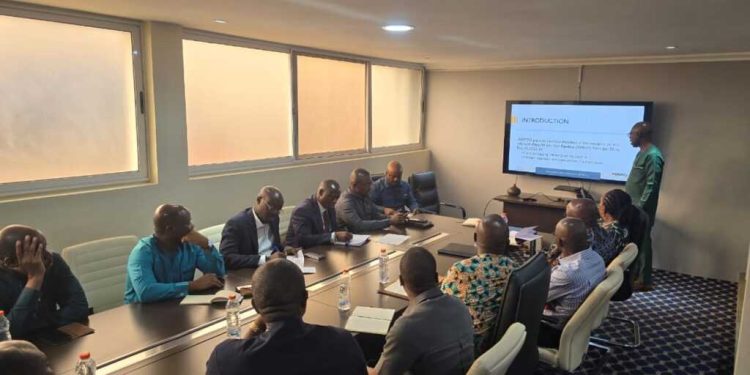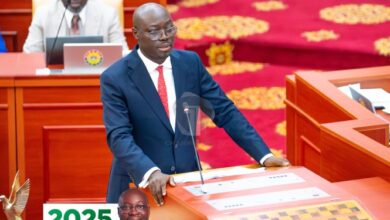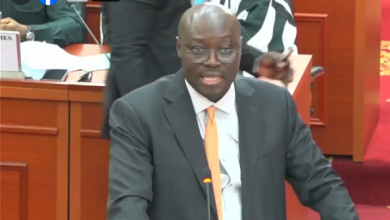Dumsor: WAPCo delays pipeline maintenance to prevent power crisis

The West African Gas Pipeline Company (WAPCo) has agreed to postpone its planned pipeline maintenance by two weeks, averting an imminent power crisis in Ghana.

This decision comes after intense negotiations led by a technical committee established by Chief of Staff Julius Debrah to tackle the looming energy challenge.
The maintenance, initially scheduled to commence this week, was flagged by the Ghana Grid Company (GRIDCo) as a significant threat to the country’s electricity supply.
GRIDCo warned that ongoing fuel shortages for thermal plants, combined with the disruption in gas supply from the pipeline, would severely cripple Ghana’s power generation capacity.
At a high-level meeting involving WAPCo representatives, GRIDCo officials, and the technical committee, the stakeholders deliberated on the potential impact of the maintenance on the national grid. Concerns were raised about the possible reintroduction of power outages, which could disrupt businesses and households across the country.
Following the discussions, WAPCo agreed to delay the maintenance to allow authorities more time to secure alternative fuel supplies and stabilize electricity generation.
Background on the Maintenance and Fuel Crisis
WAPCo’s pipeline plays a vital role in transporting natural gas from Nigeria to Ghana, Togo, and Benin. The scheduled maintenance is crucial for the pipeline’s safety and efficiency.
However, Ghana’s reliance on gas for powering its thermal plants means any disruption can have severe implications for electricity supply.
Additionally, the country is currently grappling with a fuel supply deficit, which has further strained the power sector. Efforts are underway to import additional light crude oil and liquefied natural gas (LNG) to mitigate the impact of the gas supply shortfall.
The government and relevant stakeholders are working to expedite fuel imports and finalize contingency plans to maintain power supply during the eventual maintenance period.




